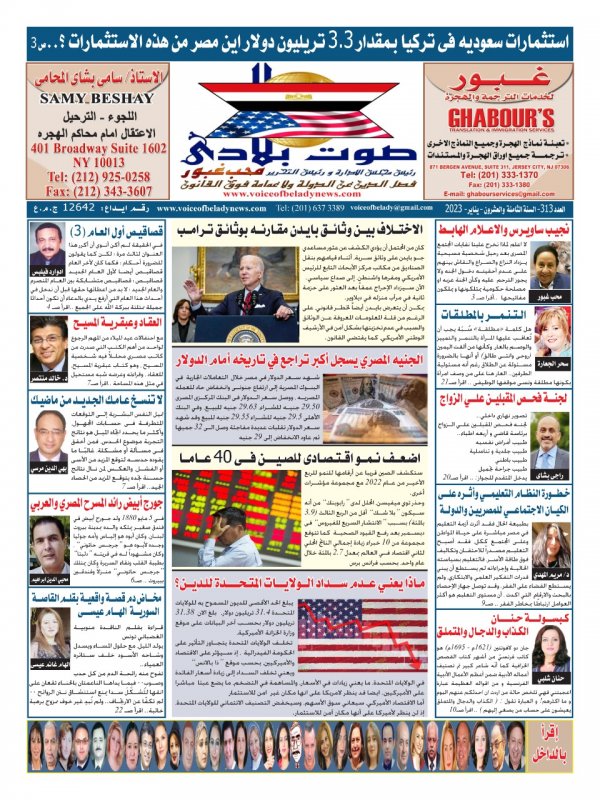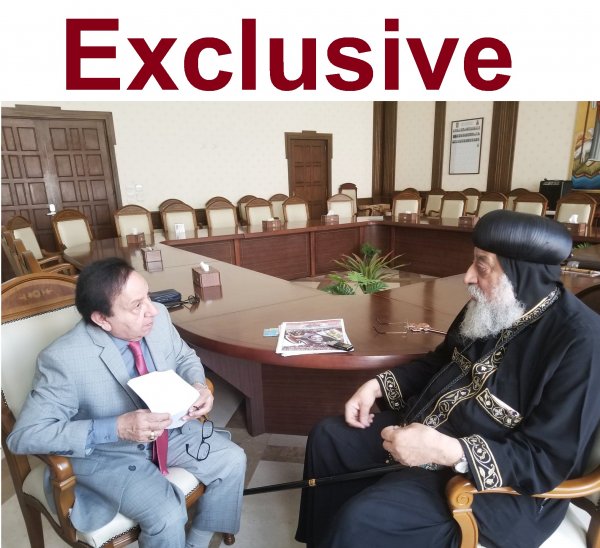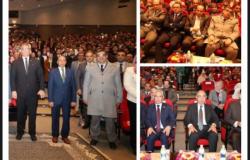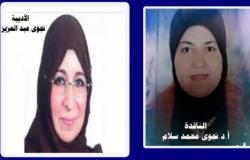Dr.. Mohamed Dabbasha
This term emerged recently to liberate the literary text from the old, traditional readings and look at it with a more comprehensive vision to highlight its aesthetics away from calibration, especially since the poetic poem has been liberated from a lot of vertical poetry and replaced by modern free poetry and the prose poem can not be read critically creative reading only with a vision and concepts New and unrecognized before, especially since the concept of literary creativity means a new creation that did not exist before characterized by continuity and strength of impact.
The Egyptian literary critic d. Mustafa Attia said that he does not have a specific definition of “modnernism” because it is a critical intellectual term. There is no dispute over its literary and philosophical prevalence, but I see that modernity has a positive and a negative face. The negative face is that it is the product of Western thought and means a break with heritage, religion, and inherited values. As for the face Positive, it means the importance of innovation and creativity, and a different, unconventional vision of artistic and literary sensations and of life as a whole, and it adds a set of steps that must be followed when presenting a reading of a literary text, including
1- The stage of understanding the content:
By understanding the text, and by reading the text more than once, a careful and conscious reading. The content is what the text included from the topics and visions.
2- Locate the text
Its general aspect and its saying, and the appropriateness of the text and its structure and its saying.
3- Defining the thought: A- The general idea:
It must be comprehensive to the general content of the text.
B - Basic / Partial Ideas: Every idea reflects the meanings of the text. If the text is prose, it is extracted from the paragraph, and if it is poetry, it is derived from the poetic unity.
4- Interpretation stage: A- suggestive vocabulary.
b- Linguistic structures, c- symbols.
D- Imaginary pictures.
Then comes the final stage for the creator to write about the text critically or not. The important thing is that he was able to analyze the text and find out its content and aesthetics.
Literary critic d. Ramadan Al-Hadari said that creativity is manifested if critical creativity is manifested, and those who say that the text precedes criticism have historical and logical justifications, and most of the historical and logical justifications do not bring correct results. The Ayyubid religion in the liberation of Jerusalem, Zionism will expand more, the issue from my point of view is represented in (if those who do not know what a problem happened to remain silent), but the cracking of the statement and the soothing of the soothsayers and the attempts of everyone who is not able to make a sentence to evaluate the error and market it, and he will find those who follow him, This is where the biggest problem occurred in my opinion.
Literary critic Sami Nassef adds that literary criticism is formed and renewed according to the data of what the literary reality produces, although it is the theorist and codifier of the literary writing process, and gave it the term that is harmonious with the literary product, but it keeps pace with the glow of modernity and postmodernity to form that product through what the ideologies of the age impose from An evolution, or an old reference that the creative reality may yearn for at some point.
Hence, critics must have the ability to develop and keep pace with what is emerging with a conscious look to explore the goals of that development, monitor technical terms, and put it in parentheses to serve as a map on which any creator who loves to follow the trail of those innovators.
From here, we hope for a new vision for a critical eye, in an era in which the rope has been mixed with the noble, the identity has been lost, and the reference is ours, and the creators have become scattered in the arenas of creativity.
The time has come for us to gather at the table of differences of opinion to reconcile over a concept that is considered and monitored for this period that if we remain silent about it, our children and grandchildren will describe it as (a period of literary decadence).
Based on the foregoing, it is not possible to renew the critical discourse, and we are still living in my father’s robes and applying the standards inherited from the past in reading any literary text, and the ship of creativity cannot be rowed with one oar in the absence of literary criticism or its presence in this shameful way, raising whoever he wants and killing what he wants. And if we want to establish a new theory in literary criticism, we must read all kinds of literature on the literary scene, in the belief that the text precedes criticism and not the other way around.




 رئيس التحرير يكتب : من التراب وإلى التراب يعود .. تحويل جثث الموتى إلى سماد عضوى
رئيس التحرير يكتب : من التراب وإلى التراب يعود .. تحويل جثث الموتى إلى سماد عضوى
 رئيس التحرير يكتب : لماذا تصر الحكومة على استمرار شريف أبو النجا رئيسا لمستشفى 57357 رغم الشواهد العديدة على فساده
رئيس التحرير يكتب : لماذا تصر الحكومة على استمرار شريف أبو النجا رئيسا لمستشفى 57357 رغم الشواهد العديدة على فساده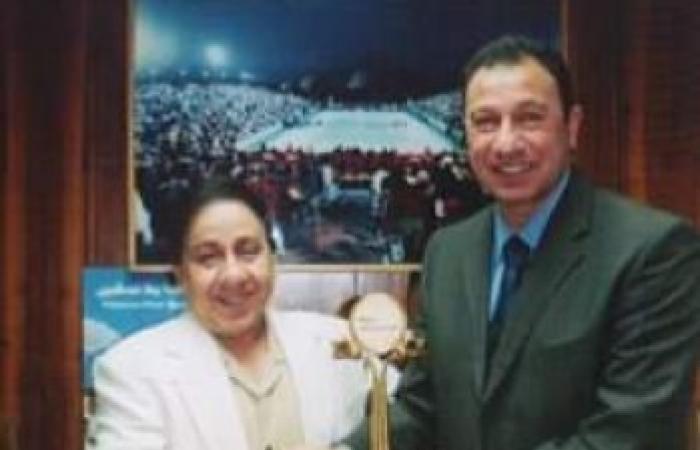 اقرأ في العدد الجديد ( عدد يناير ٢٠٢٣ ) من جريدة صوت بلادي
اقرأ في العدد الجديد ( عدد يناير ٢٠٢٣ ) من جريدة صوت بلادي
